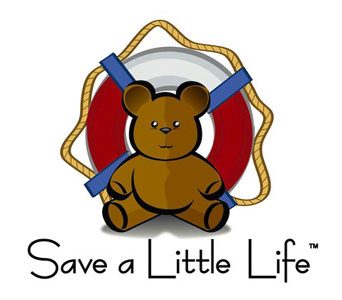EMERGENCY CARE WITHOUT PARENTAL CONSENT
For years we have been telling parents that if someone other than you arrives with the baby or child (in your absence) that a form should accompany them. The form is known as the Parental Consent Form. This form, allows medical personnel to initiate care for your infant or child prior to your arrival at the hospital.
Examples of this potential conflict would be when a grandparent or aunt/uncle, babysitter, nanny, etc. brings the baby to the E.R. without a signed statement from the parent, allowing care to proceed until you arrive. This would provide the doctors & nursing staff with knowledge about the infant/child’s medical history (allergies, other health issues, medications). The assumption is that this information would clear the way to initiate treatment with medications, imaging studies, other necessary sedation of the baby or child for a wide variety of illnesses or injuries.
The American Academy of Pediatrics (AAP) has issued a new policy statement regarding these potential conflicts. The decision of the AAP for the revised policy on parental consent was summarized in this statement:
“Current medical ethics recommendations also appear to support the E.D./E.R. treatment of unaccompanied minors“ so the statement reads. Furthermore, the AAP statement included: “The physician should seek consensus from the patient or family as soon as possible.”
Simply put, this change suggests that preauthorization (with a note or letter, signed by the parent) is not a necessity and that proceeding with treatment of the minor will be based on a variety of factors.
When we instruct parents in our CPR and first-aid classes the issue of parental consent is always on our check-list of important things to do. We strongly suggest that all parents provide this document to those who have childcare duties, even those blood relatives who are not the parent or legal guardian of that minor.
Forms of this type are easily found on the internet and simply requesting a generic parental consent for medical treatment of a minor. Some states may have laws requiring notarization of the document. Not so in California.



